
9 Most Powerful Study Techniques For Exams & How To Choose What Fits You Best
This article will explore some of the most powerful study techniques for exams that are helpful for students. It will also help you to find the best study technique for you.
Depending on what type of learner you are, these 9 different study techniques are well versed for students who are the following:
- Visual learners
- Auditory learners
- Kinaesthetic learner (physical learners)
- Logical and mathematical
- Verbal leaner
- Social leaners

Types of Learners
Visual learners
Visual learners learn best with visual aids such as diagrams, maps, charts, images. Colors are also useful for visual learners, hence color coding notes will help them to organize their notes and thoughts better.
Verbal learners
Verbal learning is a combination of both writing and speaking. Verbal learners are more inclined to write down notes and talk about the concepts out loud.
Physical learners
Physical learners known as Kinesthetic learners, are hyper-active and prefer to engage with the materials of the subject. Physical learners tend to gravitate towards hands-on activities.
Social learners
Social learners learn best when they are involved in group discussions and group collaboration.
Logical learners
Logical students tend to recognize patterns easier and they are more inclined to do things in a systematic order.
9 Study techniques for exams

1 - Use mindmaps or diagrams for note-taking
One great study technique for examinations is using mindmaps for studying. They are great as mindmaps show a clear overview of the topics learned and they also help to connect all the concepts learned.
Mindmaps can be made as simple or detailed depending on the student. Doing digital note-taking is great for visual learners as they are able to google images or cut and paste any visual aid from their school textbooks to help them complete their detailed mindmap.
Applicable to:
- Visual learners
- Logical learners
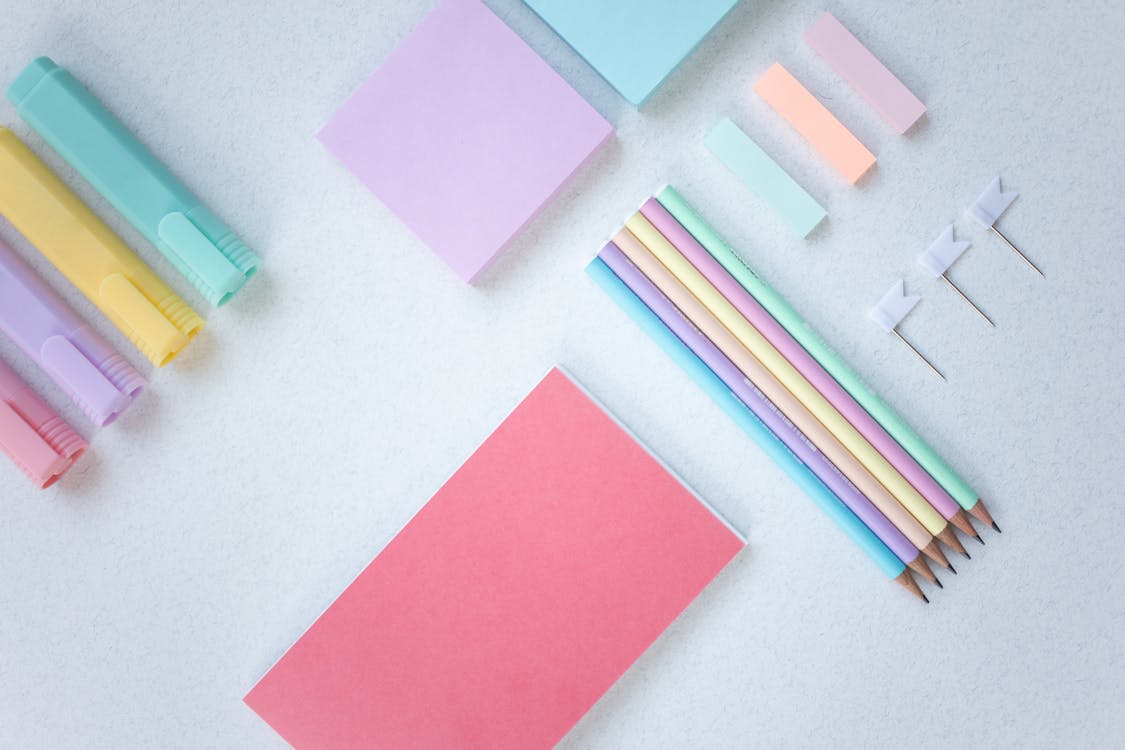
2 - Colored post-its or highlighters or pens
Colored post-its help students to organize their notes into categories of their choice which are most beneficial for them. Post-it helps important information stand out in a piece of white-papered note. Additionally, post-its are a great way to create a human-sized mindmap using a big white wall or whiteboard.
Applicable to:
- Visual learners
- Physical learners
- Logical learners
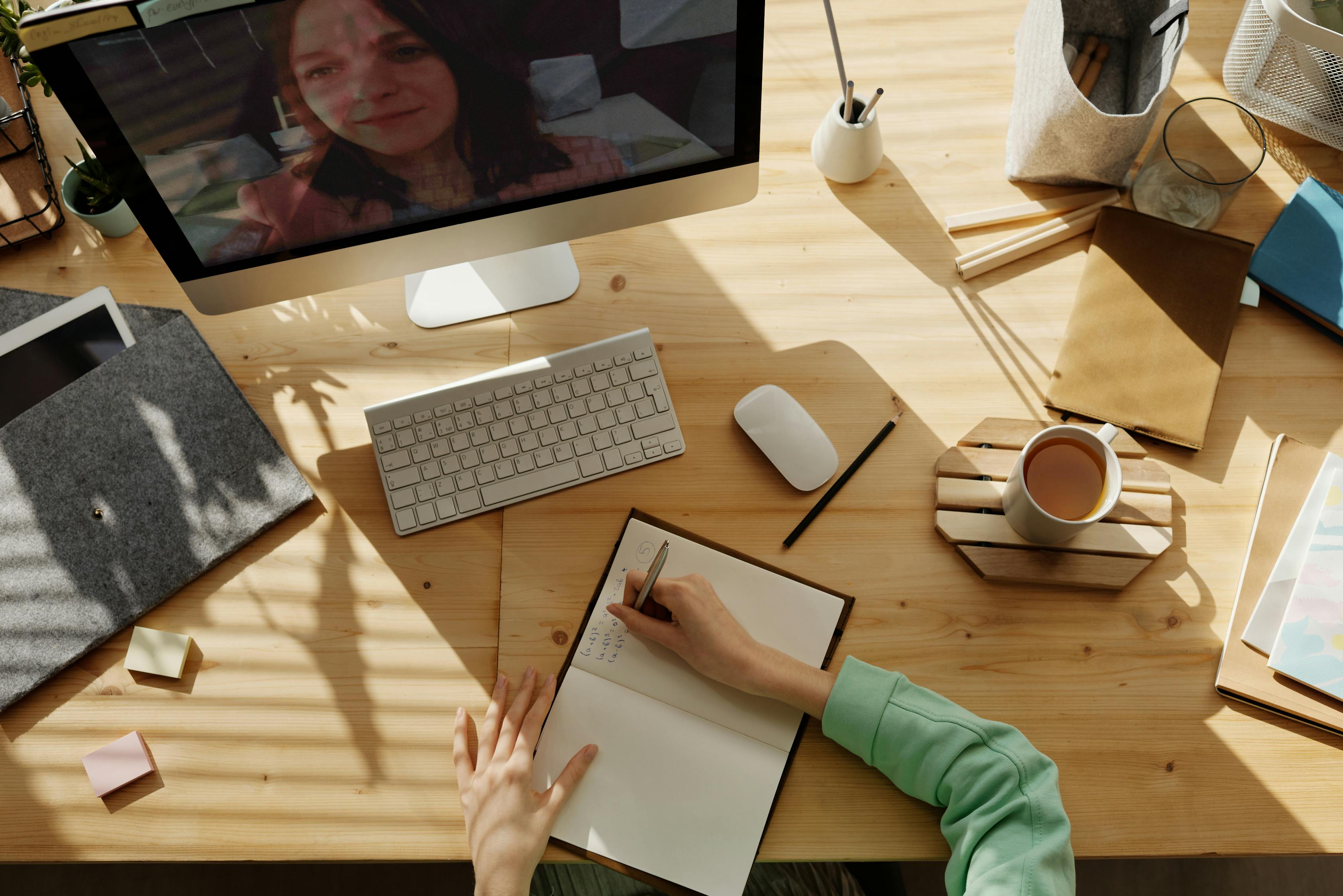
3 - Watching graphical videos/ lessons
For certain abstract concepts or subjects, where it is difficult to visualize, students can source videos to enhance their learning. Youtube has many educational videos for subjects like Physics and Biology which are abstract to comprehend. Some of these videos are great for visual learners to understand the concept and rely on this imagery to recall the information. CrashCourse on YouTube has detailed graphic videos for many subjects. Check them out here.
Applicable to:
- Visual learners

4 - Teaching others
A great study technique for exams is to teach others the concepts you have learned. Teaching is a great study method for consolidating your knowledge. When we are tasked to teach others, our brains are wired to logically present our knowledge into understandable and comprehensible pieces for the receiver. Hence, when teaching others, you are not only helping them, but you are checking your own knowledge and understanding of the concept.
Applicable to:
- Verbal learners
- Social learners
- Logical learners

5 - Roleplaying or performing a skit
A different but interesting way to learn. A skit or performance can be packed with useful and educational information for students to take away. Whether the student is participating in the performance or the receiver of the performance, it depends on the student which side would be beneficial for them. Teachers can organize collaborative and interactive activities like these for students who are visual and social learners.
Applicable to
- Social learners
- Visual learners
- Verbal learners

6 - Planning your study and revision sessions
Planning could be one important aspect of doing well for examinations depending on how the student utilizes this study technique. Planning ahead can be stress relieving for some while others may find it overwhelming. Having a plan is subjective to different individuals. Some may feel in control when they know what is about to happen, whereas others may feel intimidated.
Should you feel overwhelmed when planning ahead, students can start small by planning their study session instead. Focus on what you wish to get done today instead of stressing what needs to be done by the week.
Read also: 4 Useful and Effective Time Management Tips for Students
This study technique may be useful to:
- Logical learners
- Visual learners
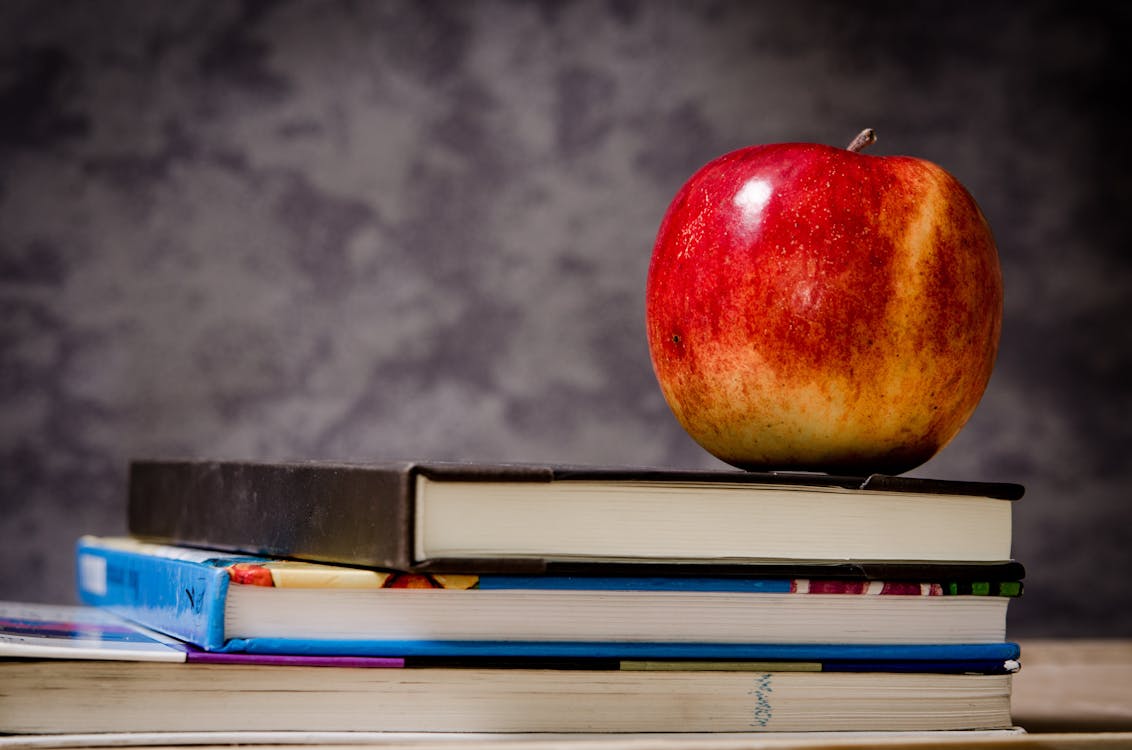
7 - Pomodoro study method
One of the most well-known study methods is the Pomodoro study method. This study method breaks work into small and manageable intervals, typically 25 minutes in length and separated by short breaks in between. Pomodoro is great for breaking big study tasks into smaller and manageable tasks. Additionally, it helps to prevent students from over-spending time on a single task and also increases students’ concentration and focus. The Pomodoro study method can be altered according to students’ study habits and styles.
Applicable to:
- Physical learners
- Logical learners
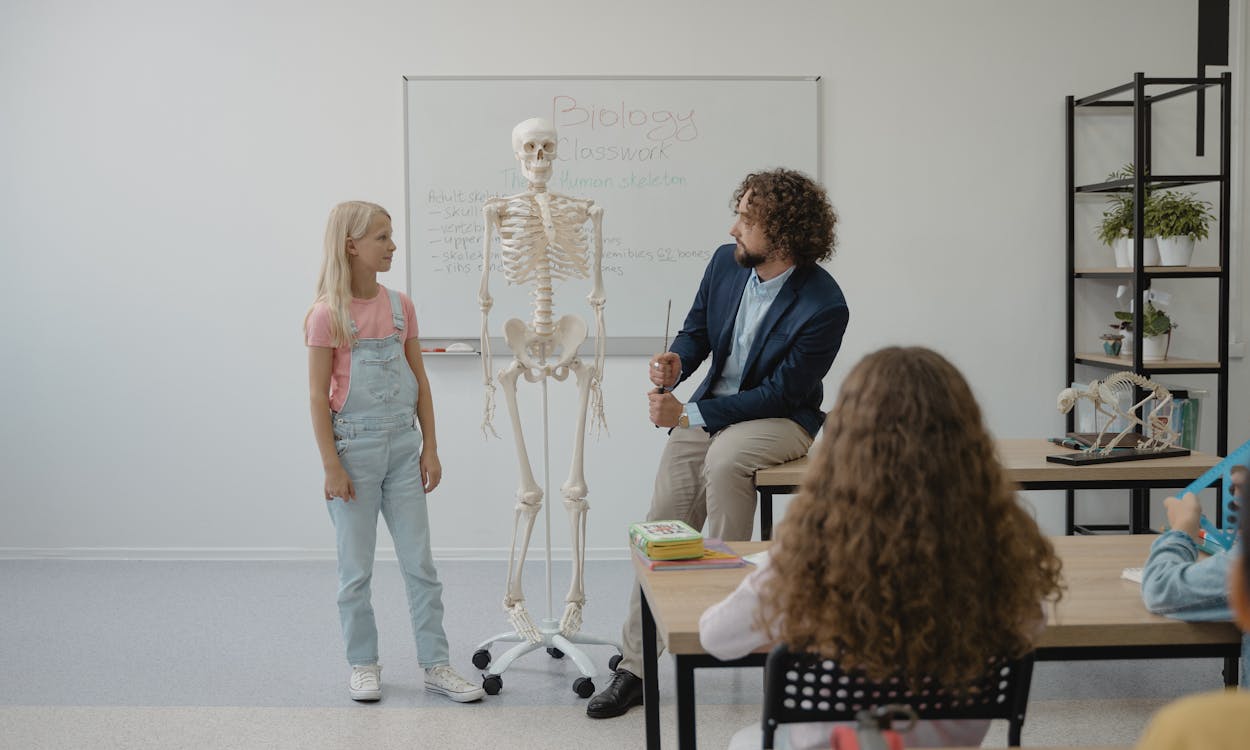
8 - Finding a reliable tutor
Having somebody experienced in your field of study can not only help guide you through the syllabus, but they are quick to realize the type of learner you are. Tutors are skilled to recognise their student’s learning styles and habits, and some may even curate specific lesson plans and activities that will best benefit the learner. This can be a great help for students who are struggling to learn about their own learning styles.
At Tutopiya, our tutors are experienced, screened, and trained to tutor students and recognize their strengths and weaknesses. We also curate lesson plans that best-fit students’ strengths and weaknesses. This is so as to increase learning efficiency for the student.

9 - Reward yourself
Learn to reward yourself and take time for yourself. Self-care is important in this time and age, it is always okay to take breaks and okay to tell yourself that you need more time. Knowing when you should reward yourself is an important asset in life. Burning out will only cause you to slow down and hit rock bottom easier. Learn to be aware of your hard work and acknowledge the hard work you have put in. So, don’t be so hard on yourself, go and take the break you deserve!
In a nutshell, these study techniques for exams can be applicable to many types of learners. Hence, it is crucial that you are aware of the type of learner you are as it helps you to figure out which study techniques for exams fit best for you. Visit this link to find out what type of learner you are!
Written by
Tutopiya Team
Educational Expert
Related Articles
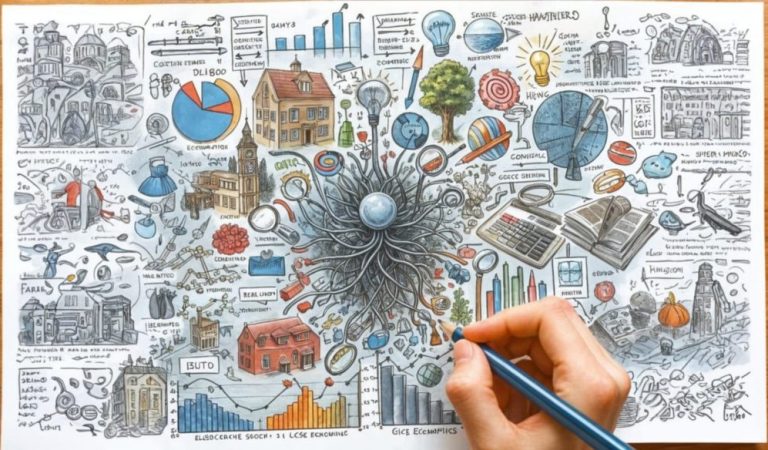
What’s Next After A-Levels? Figuring Out Your Next Step
Comprehensive guide and expert insights on educational topics for IGCSE, IB, and international curriculum students.
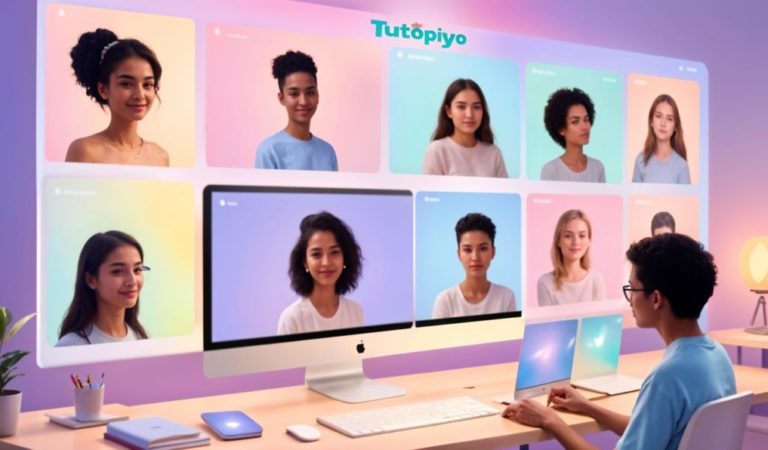
IGCSE Economics Revision Resources, Past Papers, and More
Master IGCSE Economics with essential revision resources & past papers. Ace your exams with global support. Ideal for IB & A-level students too.
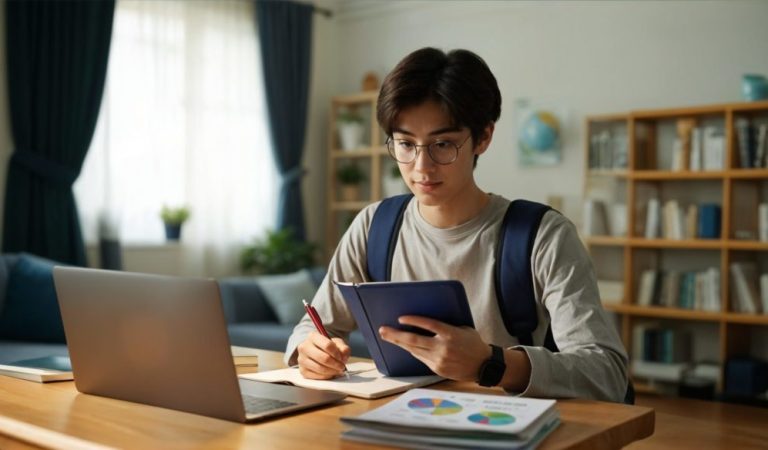
Why Personalized Learning Beats Group Classes for IGCSE
Comprehensive guide and expert insights on educational topics for IGCSE, IB, and international curriculum students.


